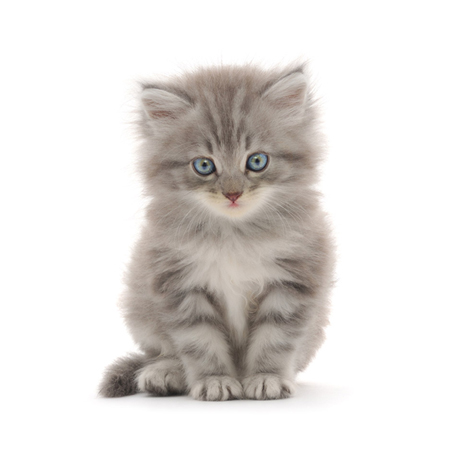
13 May Nutrition – What Should Your Cat Eat?
Cats are obligate or true carnivores, meaning that they need a source of animal protein to survive. Feed your cat a high quality premium commercial food that is appropriate for the life stage and health status of your cat. This includes:
- Fresh raw meat
- Raw meaty bones
Choose human-grade raw meat and raw meaty bones because pet meat/pet mince/pet rolls/pet meat and bone products can contain preservatives that can be detrimental to the cat’s health (e.g. sulphite preservative induced thiamine deficiency which can be fatal). However avoid sausages, sausage meat and cooked manufactured meats as they can contain sulphites.
Many human foods cause illness, so avoid:
- Cooked bones.
- Chocolate.
- Garlic.
- Avocado.
- Grapes.
- Onions.
Adult cats tend to graze and prefer to eat several smaller meals throughout the day/night. Food that takes a while to chew is a good idea, such as raw chicken wings.
Ensure that your cat always has an adequate supply of fresh, clean water.
Cats are true carnivores so they have a specific need for high quantities of animal based proteins and fats. They have unique dietary requirements for certain vitamins, fatty acids and also certain amino acids such as taurine, which can only be supplied by animal tissue (meat) – these requirements must be included to provided a balanced diet.
There are many balanced dry and moist foods on the market. Although rich in iron, Liver can become addictive and because of its high Vitamin A causes disease. Feeding fish exclusively can induce dietary deficiencies unless supplemented with the correct fatty acids.
Kittens should be fed special kitten formulas four times daily until eight weeks of age, three times daily from eight weeks to three months and twice daily from three to six months of age.

